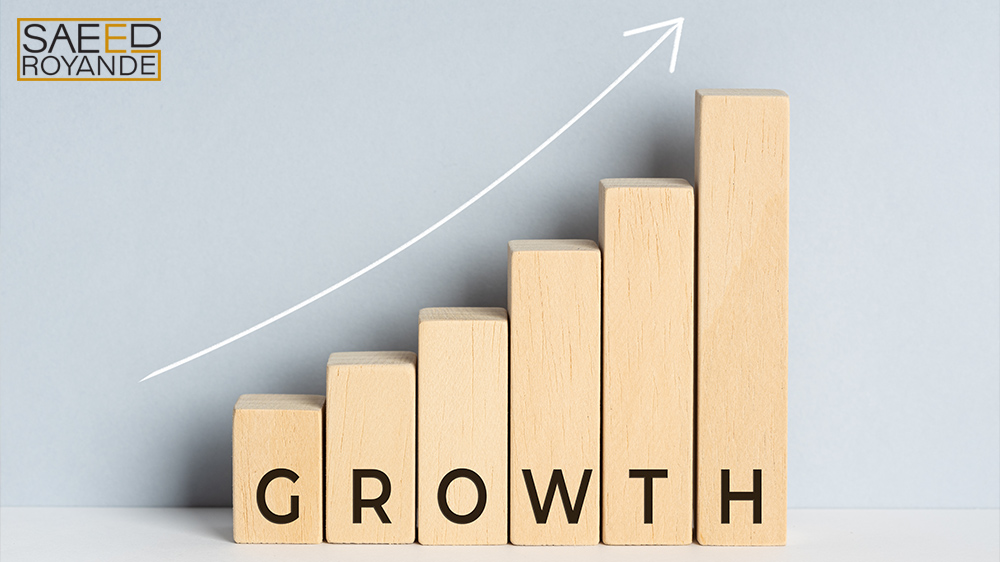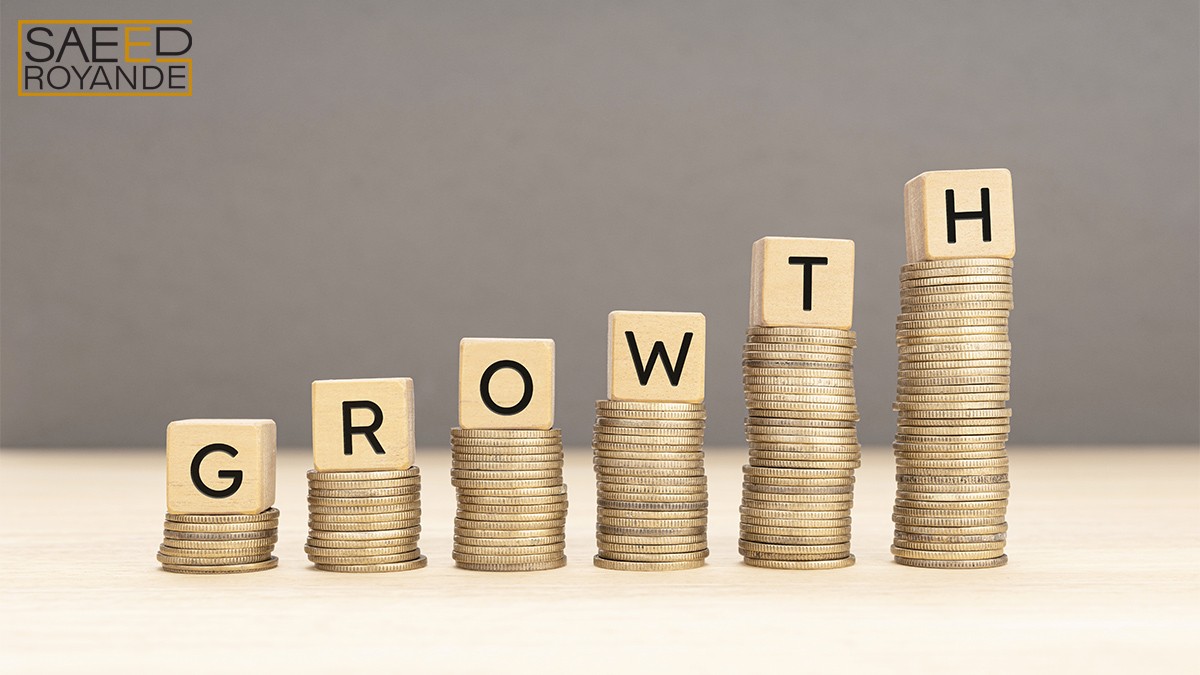The role of the government as an engine of economic growth is a constant in the dynamic map of world economies. It would be a mistake to discount the power of governments to influence the course of their nations’ economies. The government has a great deal of power over its citizens’ economic prosperity because of the laws and regulations it passes, the money it spends on infrastructure, and the innovations it encourages.
Government’s Impact on Economic Growth
To summarize the role of the government in promoting economic growth, consider the following points:
- Government regulation and policy: fiscal and monetary policies influence economic growth by promoting investment, new ideas, and entrepreneurship.
- Infrastructure Investment: Government spending on infrastructure projects that boost connectivity and productivity is one way governments encourage economic growth.
- Government Investment in Education and Workforce Development: To help their citizens thrive in today’s economy, governments are making investments in education and workforce development.
- Government Support for Research and Development (R&D): Governments encourage economic growth by providing funding for R&D activities, which in turn encourage innovation and productivity increases.
- Government Support for Entrepreneurs and Small Firms: Governments motivate economic growth by offering assistance to entrepreneurs and small firms, which in turn promotes innovation and the creation of jobs.
- Trade and Investment Policies: Market access, export-oriented growth, and foreign investment are all goals of government-shaped trade and investment policies.
- Stability and Governance: Political stability, sound leadership, and adherence to the law are essential for a thriving economy because they inspire trust among investors and bring in much-needed funds.

Government impact on economic growth
Understanding the Government’s Role in Economic Development
The government’s policies that encourage expansion, stability, and prosperity are vital to economic development. The creation of policies, infrastructure, human resources, support for R&D, regulatory climate for businesses, economic integration and trade, and economic planning and coordination are all essential parts of this job. Policies like fiscal, monetary, and trade policies are put in place and enforced by governments to direct a country’s growth. To promote economic growth and raise living conditions, they put money into essential infrastructure including public utilities, energy systems, transportation networks, and telecommunications. Furthermore, they fork out cash, provide tax breaks, and forge alliances with universities and businesses to bolster R&D efforts. Trade agreements, trade barrier reduction, export promotion, and foreign investment are all areas where governments play an important role in facilitating international commerce and economic integration.
Investing in Infrastructure: Contribution to Economic Growth
Investments in infrastructure are vital to economic growth because they boost productivity, entice investment, generate employment opportunities, bolster industry and innovation, and increase communication across regions. Transportation expenses are cut, logistics and supply chains are improved, and resources are allocated more efficiently as a result of these expenditures. In addition to generating cash and jobs, they entice investment and company activity. By improving transportation links between rural and urban regions, infrastructure development may help level the playing field in terms of economic opportunity and social inclusion. Investments in infrastructure, including universities, tech parks, and internet networks, also benefit certain companies and fields. Their readiness and resilience help nations endure pandemics and natural catastrophes. higher productivity, broader economic activity, better quality of life, and higher competitiveness are some of the long-term advantages of investing in infrastructure. To realize the promise of long-term, inclusive economic growth, governments and policymakers must make infrastructure investment a top priority in their development plans.

A man displays growth by government
Government Support for Startups and Small Businesses
Governments throughout the globe are embracing entrepreneurship through a range of programs because of its critical role in the corporate sector. The establishment of incubators and innovation centers, the provision of finance, the promotion of education and training in entrepreneurship, the simplification of regulations, and the provision of business coaching and mentorship are all ways to encourage entrepreneurship. Administrative burdens are lessened, financial sources are made available, and bureaucratic processes are streamlined by governments. In addition, they set up and back accelerators and incubators, which offer shared workspaces, mentoring, and networking events. Entrepreneurship education and training programs are supported by governments, which aim to provide individuals with the necessary skills and attitudes through schools, colleges, and vocational institutions. Startups and small company owners may interact with seasoned business experts through business coaching programs, while prospective entrepreneurs can learn from seasoned entrepreneurs through mentoring networks.
Government Intervention for Economic Stability
When governments step in to preserve and even improve economic stability, it’s typically in response to an economic crisis or another period of extreme instability. Monetary policy, fiscal policy, financial regulation, crisis management, exchange rate management, social programs and safety nets, and international collaboration are some of the most important parts of government action. Government expenditure, taxes, and debt are managed by fiscal policy, whereas interest rates, credit availability, and the money supply are governed by monetary policy. The soundness and stability of the financial system are guaranteed by financial regulation, while crisis management and bailouts assist in stabilizing the economy and preventing the collapse of important institutions. In times of economic hardship, safety nets, and social programs help disadvantaged individuals and families weather the storm, while exchange rate management affects the value of money. When countries work together, they can stop economic disturbances in their tracks and keep the world economy stable. If governments want to intervene effectively, they need to take stock of the economy, keep an eye on stability indicators, and then launch focused programs without jeopardizing the economy’s long-term viability.

Growth or Business concept
The Crucial Role of Government in Driving Economic Growth
There are several ways in which the government drives economic growth, and each one is essential. To lower costs and increase connection, it invests in infrastructure development. By making the business climate more appealing and offering incentives, it encourages investment. To make sure that people have the skills they need to do their jobs, the government puts money into things like education and human capital development. It helps fund R&D, which in turn fuels innovation. Fair competition and stable markets are guaranteed by government laws. To ease commerce between nations, it formulates trade policies. The government also plays a crucial role in monetary policy, which it uses to keep the economy stable. Sustainability in the environment and social safety nets are also important factors to think about. In general, the government’s policies foster an atmosphere where businesses may flourish, draw in investors, and propel economic growth.


